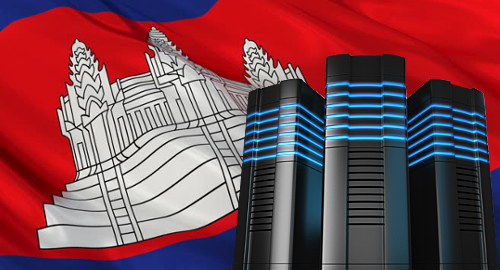 Cambodia is taking steps to oversee online gambling outside casinos in a bid to prevent local residents from indulging in the forbidden activity.
Cambodia is taking steps to oversee online gambling outside casinos in a bid to prevent local residents from indulging in the forbidden activity.
On Wednesday, the Khmer Times quoted Ministry of Economy and Finance deputy director-general Ros Phearun saying technical teams were studying how other jurisdictions managed and control online gambling. The news follows a joint pledge in September by the finance and interior ministries to crack down on online gambling.
According to Phearun, Cambodia doesn’t allow locals to engage in online betting because it is “hard to manage and it is not in the system.” Phearun said the government planned to “set up a server to manage [online gambling]. Once we have it, all transactions will come through the system. Even gamblers use wire banking.”
Phearun was cagey on other details, but did say “some big foreign companies” from the “UK or Spain” are helping the government with this server. Cambodia’s approach appears to mimic Russia’s requirement that all licensed online betting operators funnel gambling payments through a centralized hub, thereby allowing the government to monitor who is spending what, where and how often.
Cambodia has long allowed its brick-and-mortar casino licensees to also offer online gambling services, provided these online businesses cater to customers outside Cambodia. The government’s concern appears to be that some of these operators are allowing local residents to access gambling sites.
For years now, Cambodia has been struggling to deliver revisions to its existing gambling laws. The new rules will reportedly include more explicit definitions of where online gambling may operate. Phearun emphasized that “any sort of game outside the casinos is illegal so we urge the local authority to crack down on it.”
Of course, Cambodia’s eagerness to more accurately track online gambling activity may have more to do with the government’s concern that it’s missing out on potential tax revenue. The government’s casino tax take rose one-third over the first nine months of 2016 but opposition politicians have complained that the industry was still getting off lightly compared to tax regimes in other countries.